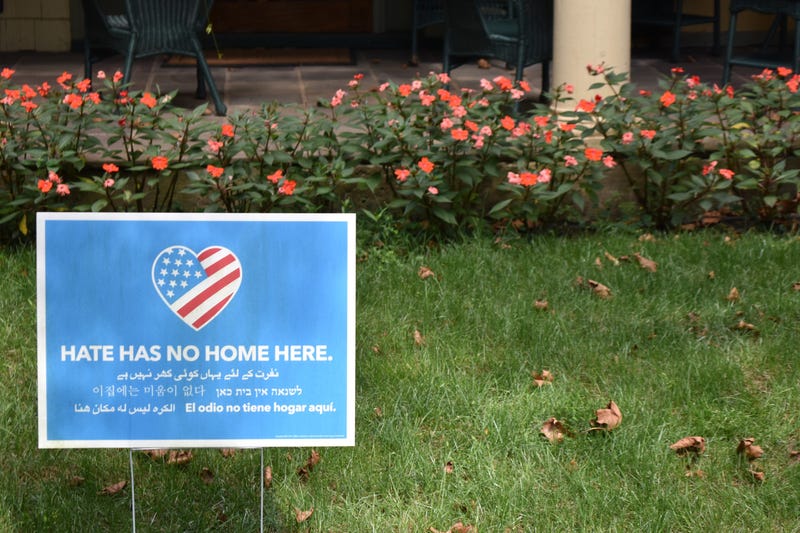
PHILADELPHIA (KYW Newsradio) — Violence or hatred against American Jews has surged in the last few years.

According to the American Jewish Committee’s (AJC) latest survey, one in four American Jews was targeted by antisemitism in the last 12 months. Nearly 40% said they have changed their behavior as a result.
The survey, titled “The State of Antisemitism in America,” tracked the experiences of American Jews as well as the general public to get a greater perspective on how the country feels about antisemitism in the United States today.
The AJC started its expansive surveys in the wake of the Tree of Life synagogue massacre in Pittsburgh three years ago, where 11 people were killed.
Holly Huffnagle, AJC U.S. director for combatting antisemitism, said this year’s survey asked participants more specific inquiries — have you experienced antisemitic online posts, in-person remarks or physical attacks in the last 12 months? Have you avoided posting content online that would reveal your Jewish identity?
A more revealing result, Huffnagle noted, was one in three non-Jewish Americans had either never heard of antisemitism or couldn’t define it.
“One in three Americans don’t know Jews,” she added from the report. “They personally don’t know a Jewish person in our country. And yet, 60% of Americans still say antisemitism is a problem. So in some senses, it’s a good thing that you don’t have to know someone who’s Jewish to recognize antisemitism as a current concern.”
Huffnagle said the key to curbing antisemitism is recognizing that it is not just a Jewish problem.
“There is a kind of a misperception that this is hatred against the Jewish people, so it’s up to you the Jewish community to fix it,” she said. “That can’t be the case. Sheer numbers, Jews make up less than 2% of the American population yet account for the majority of anti-religious bias crimes, so they can’t do this on their own.”
Huffnagle discusses more of the AJC’s findings on the KYW In Depth podcast, explaining the causes behind upticks in antisemitic incidents — including elections, politics in Israel and the rise in conspiracy theories — as well as the role social media plays in it all.
Listen to the episode in the audio player below.



